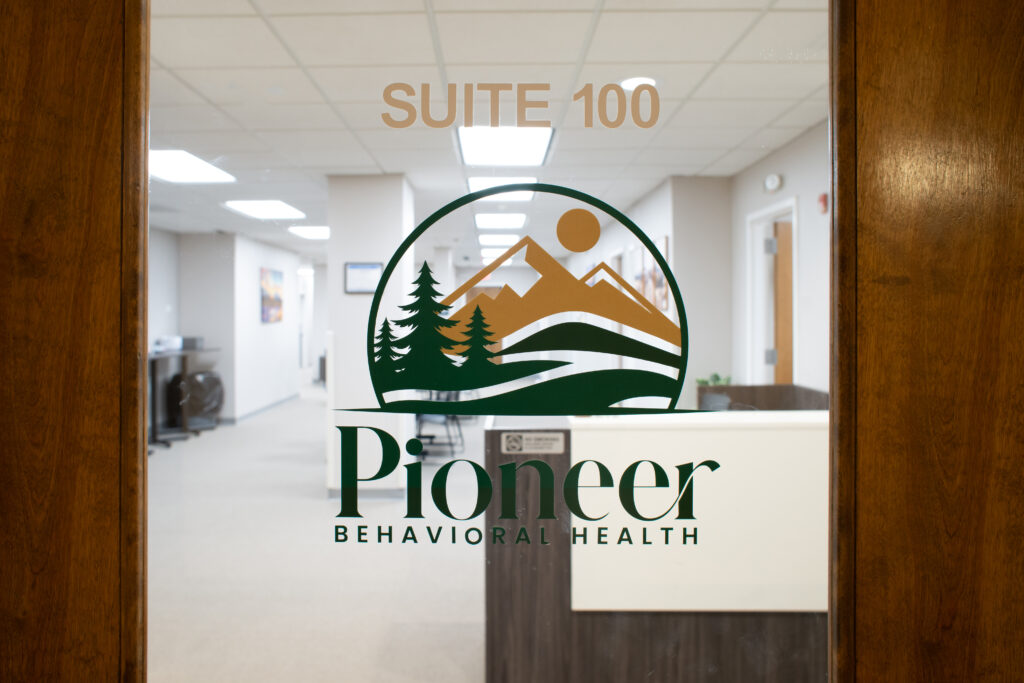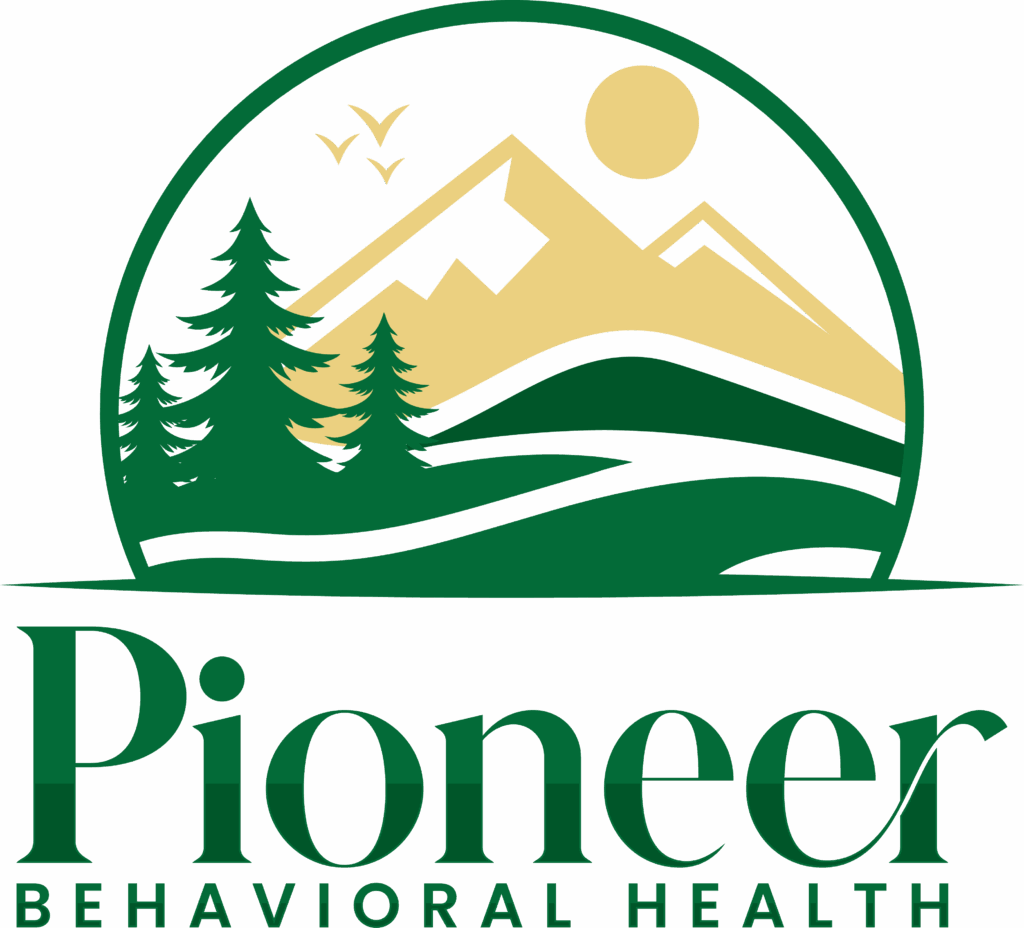Recovering from addiction is a personal and often challenging journey—one that involves healing, self-discovery, and rebuilding a life of purpose. While individual therapy is an essential part of this process, group therapy offers unique benefits that can profoundly enhance recovery. In a group setting, individuals share their stories, support one another, and form meaningful connections—fostering an environment where true transformation can begin.
Below, we highlight nine impactful ways group therapy supports the addiction recovery process.
9 Benefits of Group Therapy in Addiction Recovery

1. Creating Connection Through Shared Experience
Addiction often leads to feelings of isolation and alienation. Group therapy helps counter this by bringing together individuals with similar struggles. Sharing personal stories and listening to others cultivates deep emotional connections and reinforces the comforting truth that no one is alone in their journey.
2. Inspiring Honest Self-Reflection
Hearing others speak candidly about their experiences can trigger powerful moments of introspection. Group therapy acts as a mirror, helping individuals recognize their own behaviors and emotions through the lens of shared experiences—fostering deeper self-awareness and personal insight.
3. Building a Supportive Community
Many people in recovery lack a strong support system. Group therapy offers a built-in network of peers who understand the highs and lows of addiction. These connections often evolve into lasting friendships and ongoing sources of encouragement, as seen in organizations like Alcoholics Anonymous (AA) and Narcotics Anonymous (NA).
4. Enhancing Communication Skills
Expressing feelings and engaging in healthy dialogue can be difficult for those in recovery. Group therapy provides a safe and structured environment to practice these essential skills—helping participants learn how to articulate their thoughts, listen actively, and offer constructive feedback.
5. Encouraging Accountability
Consistency and accountability are key to sustained recovery. Group therapy creates a space where members hold each other accountable through regular check-ins and shared progress. Knowing others are invested in your success provides powerful motivation to stay committed.
6. Gaining New Perspectives and Strategies
Group members come from diverse backgrounds and bring a variety of coping methods and insights. Exposure to these different viewpoints introduces participants to new strategies and practical solutions they may not discover in individual therapy—broadening their recovery toolkit.
7. Alleviating Shame and Stigma
Shame and fear of judgment are common barriers to recovery. Group therapy offers a compassionate and judgment-free space, allowing individuals to speak openly about their challenges. Witnessing others share with courage can inspire self-acceptance and diminish feelings of guilt and shame.
8. Strengthening Self-Esteem and Confidence
Celebrating victories—big and small—within a group fosters a sense of accomplishment. Encouragement from peers boosts self-esteem and instills confidence, reinforcing the belief that recovery is not only possible, but achievable and sustainable.
9. Practicing Healthy Relationship Skills
True recovery extends beyond sobriety to include healthier interpersonal relationships. Group therapy provides a real-world setting to practice setting boundaries, resolving conflicts, and developing respectful, supportive connections—all critical for life after treatment.
Explore Group Therapy in Longmeadow, MA

Group therapy is a vital complement to individual counseling and other recovery services. It nurtures a healing community, promotes personal growth, and strengthens the foundation for lasting change.
If you or someone you love is considering group therapy, we’re here to help.
Call us at (888) 617-3070, email us at info@pioneerbh.com, or visit us 24/7 at 175 Dwight Rd, Longmeadow, MA 01106.
Take the first step toward a healthier future—help is just a phone call away.

